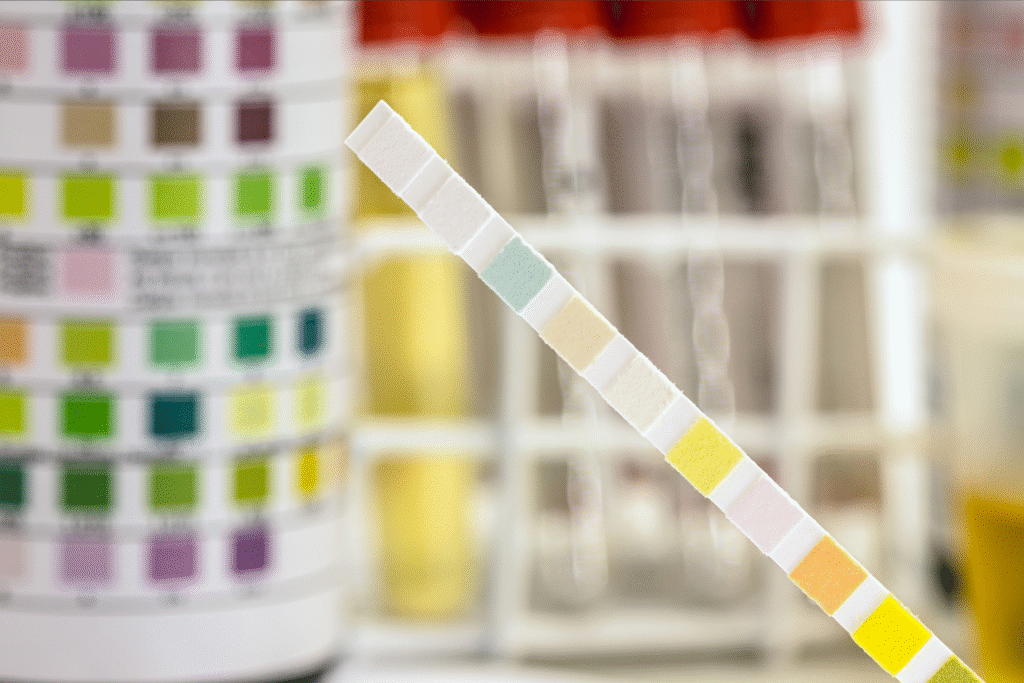Is the keto diet a fad, or a safe and proven method for improving health and losing weight?
Despite studying health and fitness at university, I knew little about the keto diet, other than it being carbohydrate-limiting. A friend raved about it years ago, but I brushed it off at the time as a fad. Recently, I joined a keto and low-carb group on Facebook, drawn in by recipes that looked completely delicious. As an avocado enthusiast these recipes were enticing! I needed to know more about this diet, so I began my research. This post contains the lowdown on the keto diet that I discovered.
1 – The keto in keto diet stands for ketosis
In short, ketosis occurs when your carbohydrate stores are depleted, and your body metabolises fat stores, creating ketones, which are used as energy (1a). Fat becomes your main source of energy.
It can take 3 days to enter ketosis, but this varies depending on many factors. To detect ketones present in your body you can order a cheap urine test that can be purchased on Amazon. I use this testing kit: 100 x AYDMED 11-in-1 Urine Test Strips (Amazon affliated link). Your ketones result should become dark burgundy/purple, depending on the test you use.

Ketones can be detected with a urine test
2 – Signs you are in ketosis
This is a short, helpful video about the signs and symptoms of ketosis.
Summary of signs and symptoms of ketosis
Transition period
- Brain fog
- Fatigue
- Insomnia
- Digestive changes – constipation and/or diarrhoea
- Acetone, a type of ketone, excretes from your mouth causing bad breath and a strange taste
- Increase ketones in the blood
Some of the signs and symptoms of ketosis experienced during the transition period will continue long-term, as you continue on the keto diet. However, some of the not so pleasant ones will thankfully disappear after a few weeks, apart from bad breath sadly!
Longer term
- Increased focus
- Improved energy levels
- Bad breath and/or a strange taste in the mouth
- Suppressed appetite
- Stablised blood sugar levels
- Increased ketones in the blood (1b)
Some of these signs and symptoms of ketosis depend on how many ketones you have in your blood. You may also experience other symptoms if, at the same time as you start keto, you are limiting processed food, takeout meals and/or sweet treats. Headaches can be common when sugar is withdrawn suddenly, if you previously consumed large quantities of it.
3 – Keto diet “flu”
The combination of fatigue, brain fog general feeling run down has been nicknamed keto flu by some, due to it’s prevalence. It’s not something to be alarmed about and it should pass quickly.
4 – Fibre
Decreasing carbohydrate-rich food can result in a lack of fibre so it’s important to find sources of fibre to ensure you don’t end up constipated.
5 – Warning
Before you begin any rigid diet that alters significantly from your usual dietary intake it is recommended that you consult a healthcare professional, especially if you suffer from any heart issues, diabetes or other chronic disease or condition. Furthermore, some diets can contraindicate with medications.


